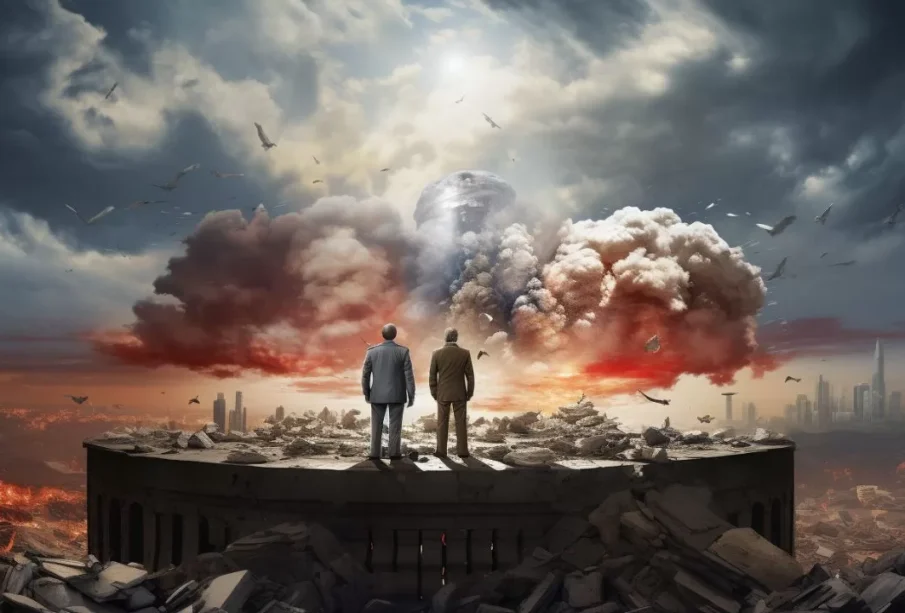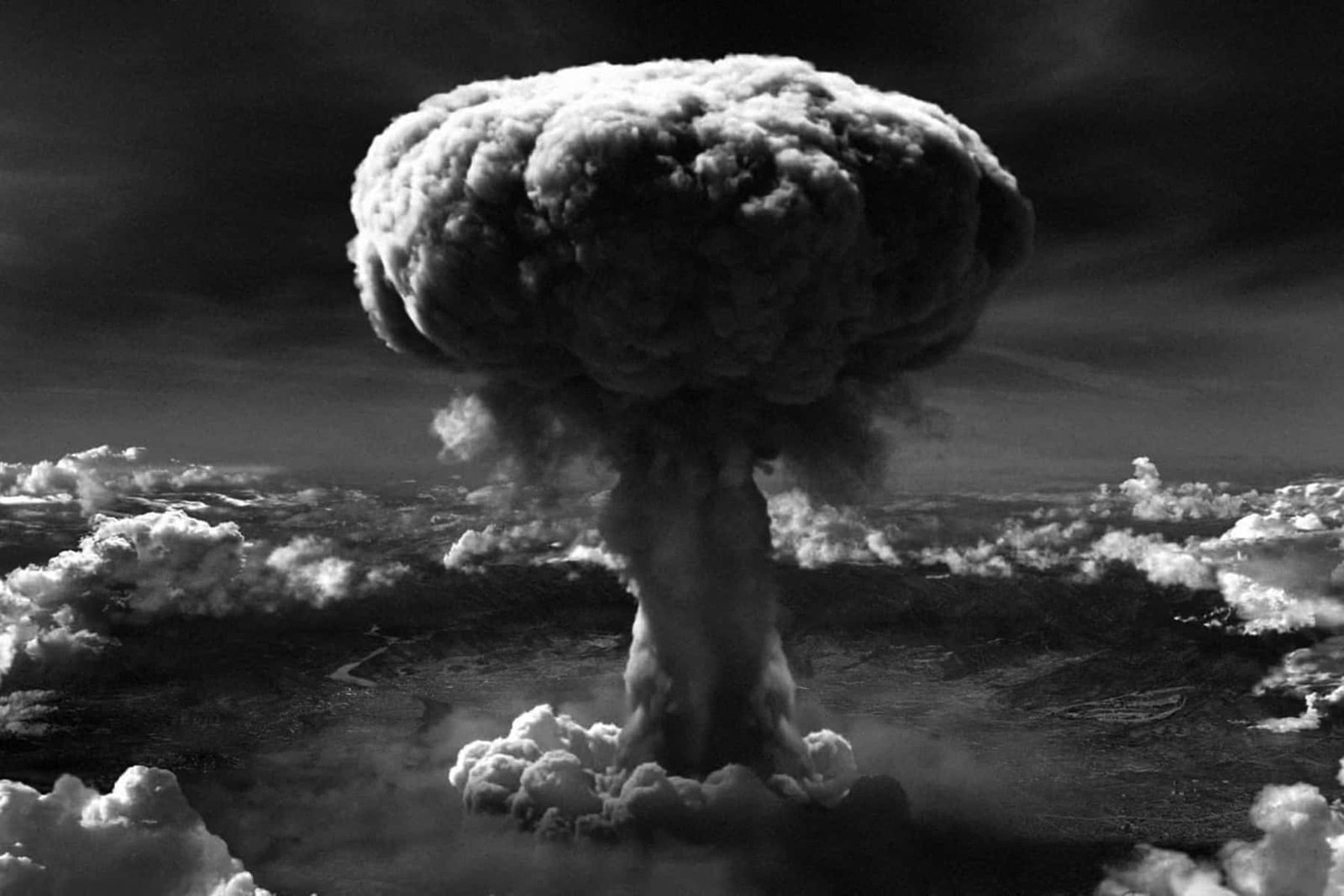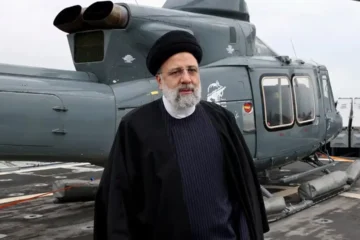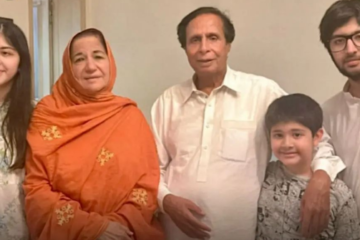Unraveling the Cold War: Ideological Struggles and the Nuclear Arms Race

In the annals of history, the Cold War stands as a testament to the deep-rooted ideological conflicts between the world’s great powers. It was not merely a struggle for nuclear supremacy but a clash of irreconcilable worldviews: capitalism versus communism.
The post-World War II world was sharply divided between two ideological blocs, each vying for global dominance. The capitalist West, led by the United States, championed individual freedoms and free-market economies. In contrast, the communist East, spearheaded by the Soviet Union, advocated for state control and collective ownership of resources.
Prime Minister felicitates newly-elected senators
Pakistan, Iran should work together to enhance trade, energy, road and rail connectivity: PM
Ben Stokes not to play in T20 World Cup 2024
For more such opinions & blogs, click here.
Industrialization in the 19th century ushered in an era of rampant capitalism characterized by child labor, vast wealth disparities, and stark differences in life expectancy. In response, there emerged a global movement to regulate capitalism, challenging the notion that “greed is good.”
The tensions between these competing ideologies reached a boiling point during the Cold War, as evidenced by Stalin’s ruthless suppression of dissent within the Soviet Union. The Manhattan Project, a top-secret initiative to develop nuclear weapons, epitomized the lengths to which nations would go to gain a strategic advantage.
Julius and Ethel Rosenberg’s involvement in espionage underscored the high stakes of the nuclear arms race. Their betrayal of classified information regarding the Manhattan Project led to their execution and heightened fears of Soviet infiltration within the United States.
Pakistan’s probable squad for New Zealand T20I series finalised
Arvind Kejriwal Sent To Tihar Jail
Sand Substitute Developed By Indian Scientists For Eco-Friendly Construction
Inn aankhon ki chamak ke aagey duniya ki saari daulat pheeki hai
The decision to drop atomic bombs on Hiroshima and Nagasaki marked a pivotal moment in human history. While intended to hasten Japan’s surrender and end World War II, the devastating consequences of these bombings forced the world to confront the moral implications of nuclear warfare.
President Truman’s realization of the catastrophic loss of civilian life in the aftermath of the bombings prompted soul-searching and raised questions about the ethical boundaries of warfare. The subsequent arms race between the United States and the Soviet Union fueled a dangerous escalation of tensions, with both sides racing to develop ever more powerful nuclear arsenals.

India Will Get Permanent UN Security Council Seat: S Jaishankar
3rd death anniversary of folk singer Shaukat Ali being observed today
World Autism Awareness Day being observed today
Pakistan elected to lead UN Disarmament Commission session
The legacy of the Cold War endures to this day, serving as a stark reminder of the perils of ideological extremism and the devastating potential of nuclear weapons. It underscores the importance of diplomacy, dialogue, and international cooperation in preventing future conflicts and safeguarding the future of humanity. As we reflect on this turbulent period in history, let us strive to learn from the mistakes of the past and forge a path towards a more peaceful and secure world.
For more such opinions & blogs, click here.
Pakistan condemns Israeli attack on Iranian Embassy in Syria
Polling on vacant seats of Senate underway
IPL owners to meet on April 16 as mega auction 2025, player retentions on agenda
Stay tuned to Baaghi TV for more. Download our app for the latest news, updates & interesting content!










